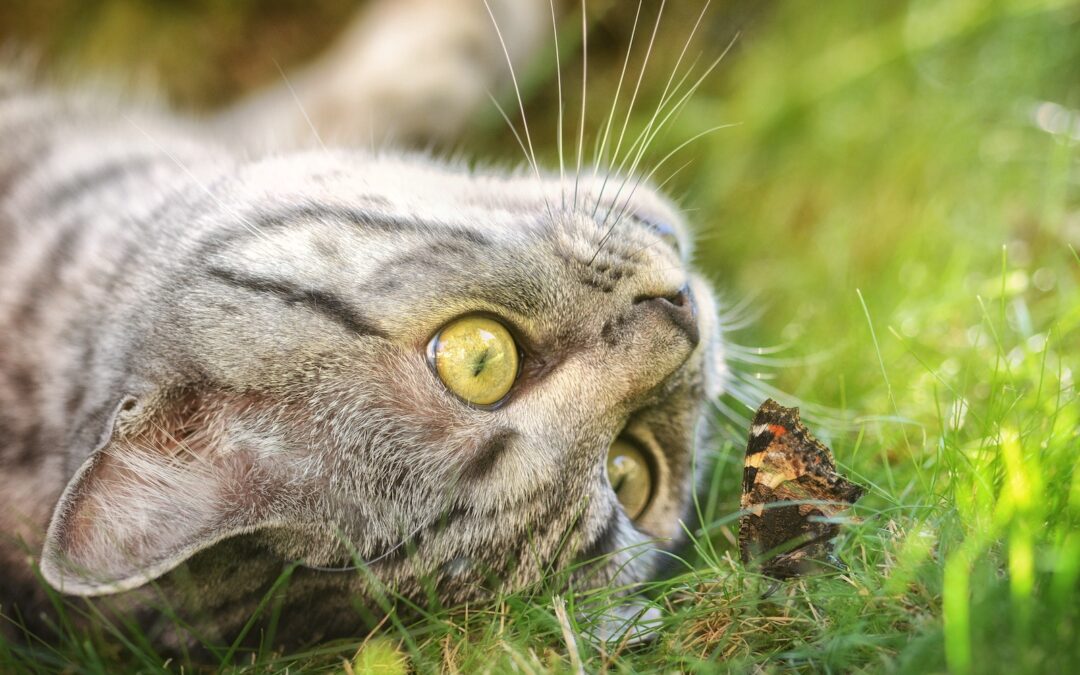No Small Thing
Fleas, ticks, and heartworm, three words pet parents and veterinarians dread hearing. Although distressing to think about, all three are preventable.
What, Exactly, Are They?
Fleas, ticks, and heartworm all fall into the same category: parasites. Parasites can only exist when they have something to feed from. They must have a host to attach to so the parasite can take what it needs to survive. More than just being distasteful, these parasites can be harmful or even deadly to pets.
The Same but Different
While they’re all from the same class of beings, flea, tick, and heartworm parasites differ in how they are transmitted and the effect they have.
Fleas are tiny insects that feed off the blood of mammals like your dog. They thrive in warm weather, so your pet is more at risk during warmer months or if you live in a climate that’s warm year-round. Fleas can cause a great deal of distress to your pet, making them itch so badly they can experience red, raw, irritated skin. Fleas can be spread to a pet’s human companions, too. Fleas will bite humans as well as animals, causing anything from itchiness to a severe allergic reaction. They’re very difficult to get rid of once they’re in your house because they hide in furniture and rugs.
And then we come to ticks. Tick bites can cause your pet to become very ill. They spread diseases like:
- Rocky Mountain Spotted Fever
- Lyme Disease
- Babesiosis
- Dog Tick Fever
Last, but certainly not the least of the threats to our pets, is heartworm. Although it’s most commonly seen in dogs, cats and ferrets are also susceptible to it, Unfortunately, heartworm is very serious. Heartworm isn’t transmissible between dogs. In other words, it isn’t contagious and can only be spread via the bite of an infected mosquito. In the initial stages, your pet may not show any symptoms of infection, but, in later stages, your dog might:
- Cough occasionally
- Tire easily
- Have trouble breathing
- Have signs of heart failure
- Develop caval syndrome
Caval syndrome is the last stage of heartworm disease and involves a risky surgery to remove a mass of worms blocking the blood flow in your dog’s heart. Most dogs don’t survive this surgery.
While most dogs won’t develop this syndrome, heartworm can cause significant enough damage that it will eventually kill your pet.
An Ounce of Prevention
As Benjamin Franklin admonished us, is worth a pound of cure. All three of these parasites, which can range from nuisance to deadly, are easily preventable. Vaccines aren’t available as preventive measures, but medications are.
Fleas and ticks can be prevented with:
- Shampoos
- Collars
- Sprays
- Wipes
All three parasites can be prevented with medication, and there are even combination medications available that serve as a prevention for all three.
South Hyland Pet Hospital
South Hyland Pet Hospital in Minneapolis, MN can provide preventive care and medications for your pet. We provide comprehensive veterinary care ranging from preventive to much more complex care. Our motto, “Caring hearts and caring hands,” personifies our philosophy of caring for our animal friends. We can be reached at 952-884-1868 or by email at southhyland@southhyland.com to help keep your pet healthy and free from these parasites.
Image credit: Pexels



